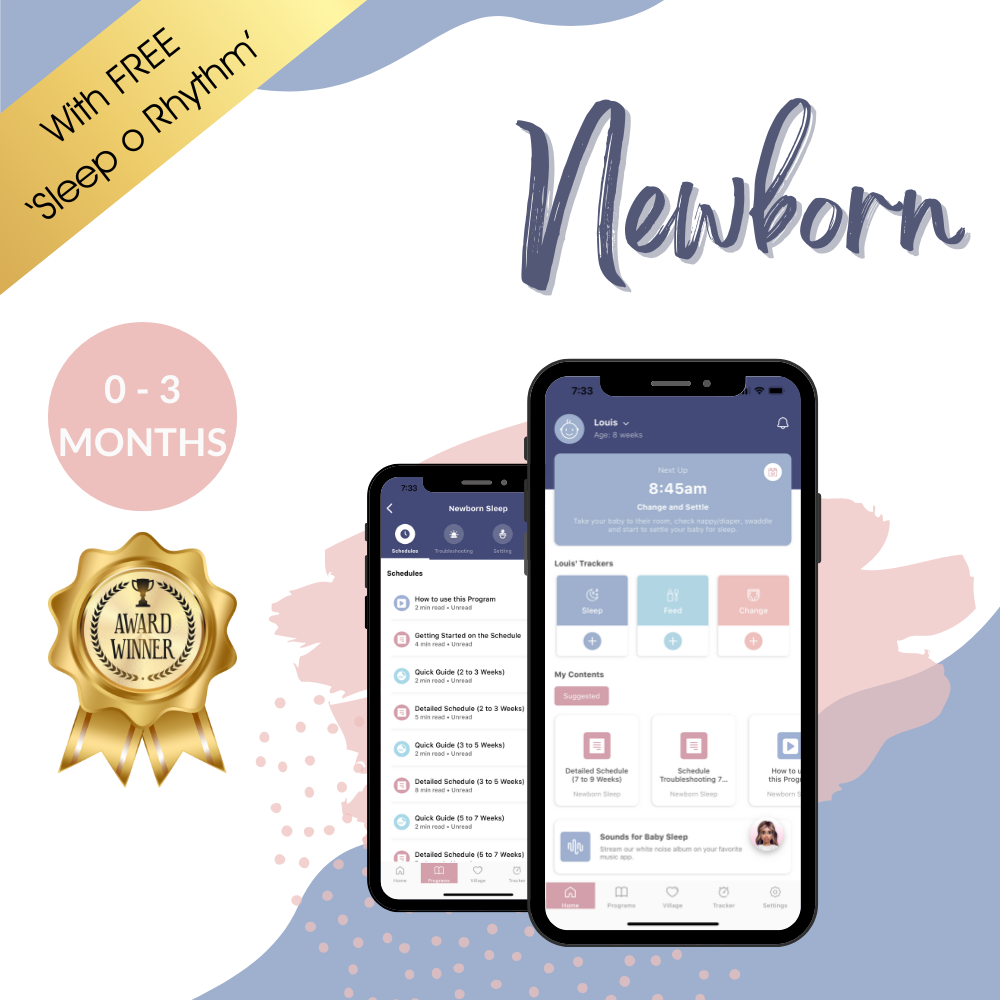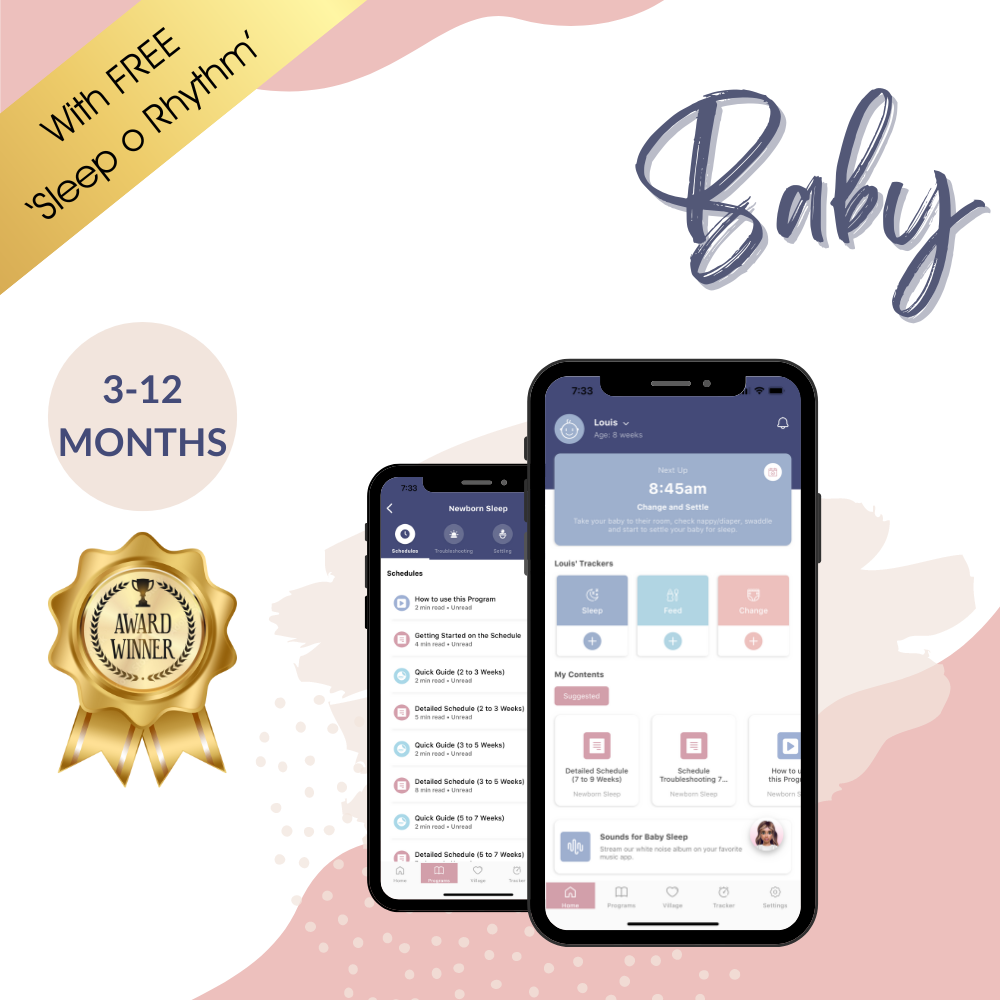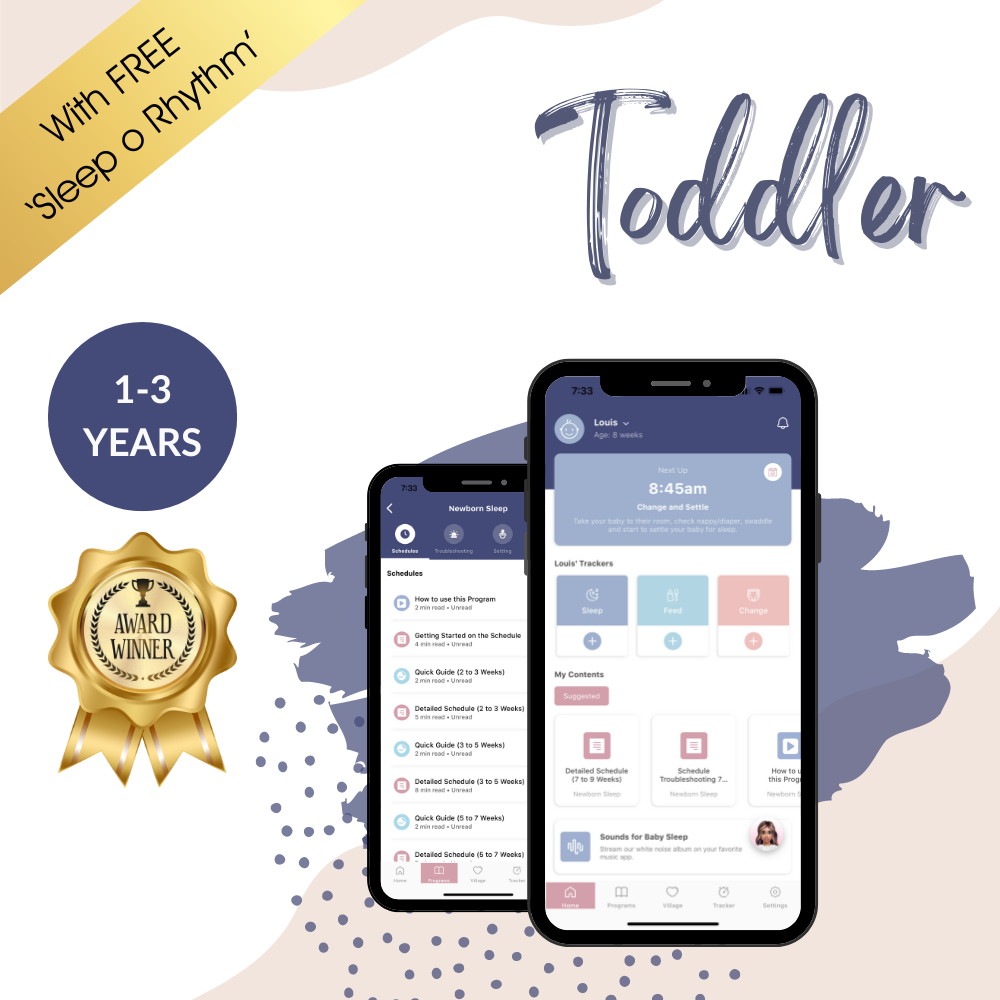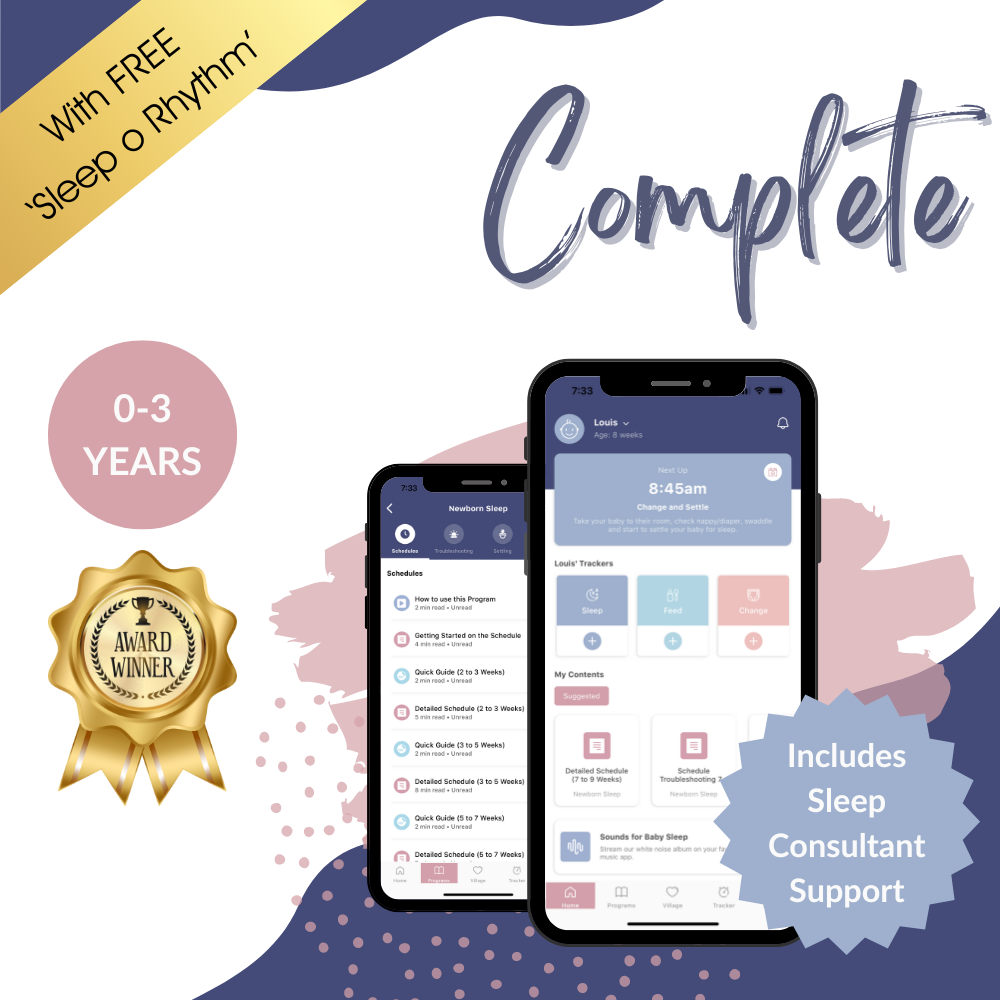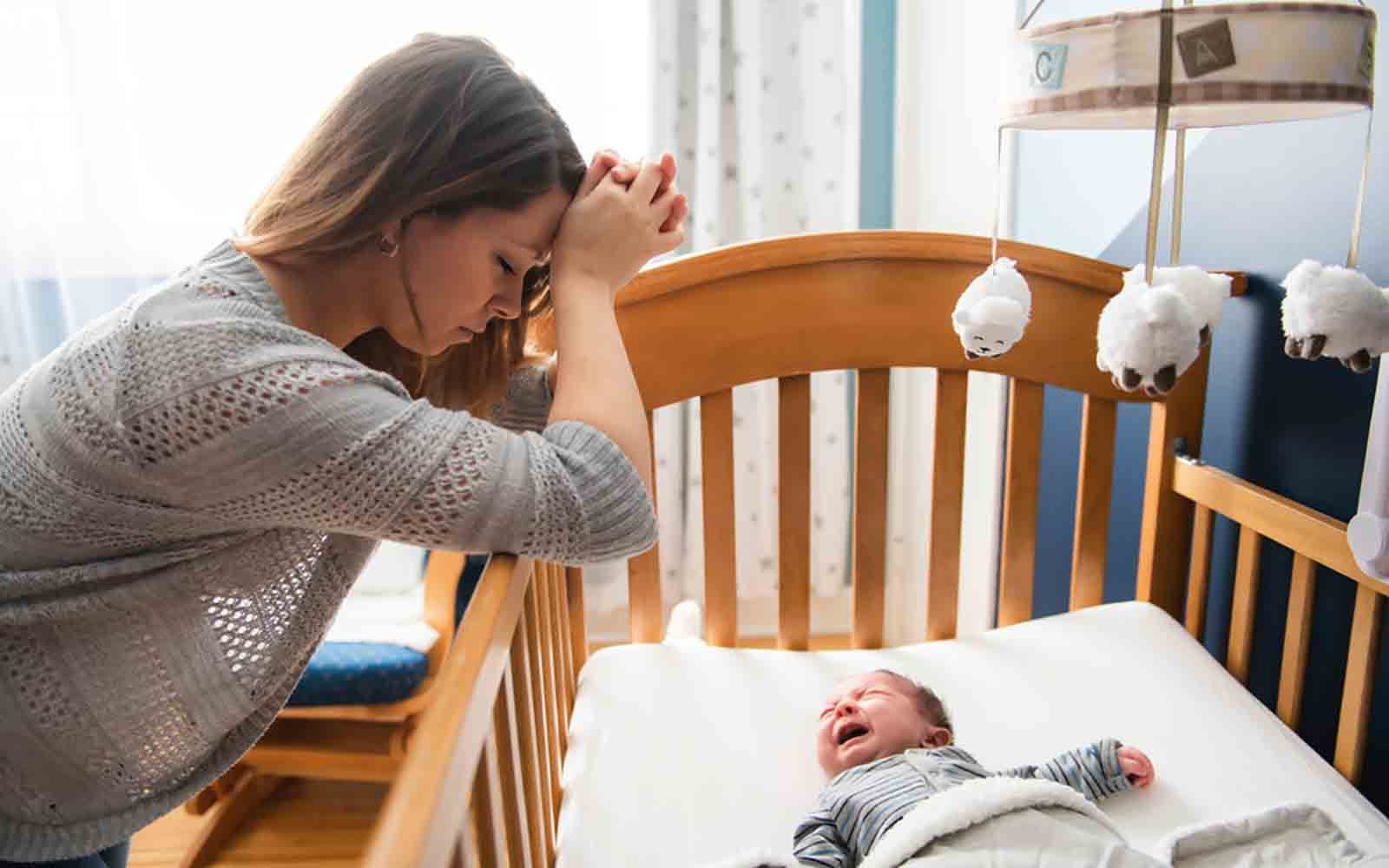
Baby Blues vs Postnatal Depression: Signs & How to Get Help
Written by Dr Eloise Elphinstone
After having your little one, you’d expect to be feeling over the moon, but in fact, many new mothers experience a range of emotions and reactions post-delivery and this is perfectly normal.
Post-delivery can be a very emotional period, particularly in the first 6 weeks as you adjust to the arrival of your baby. Childcare can be time-consuming and you may feel stressed and overwhelmed with your new responsibilities, but you have to remember that it does get easier.
You’re not on your own, in fact, a change in mood is extremely common in new mothers, as 80% of mums suffer with what is known as ‘Baby Blues’. It’s caused by the sudden change in hormones after delivery, combined with stress, isolation, sleep deprivation, and fatigue.
Feeling confused about your baby's sleep needs?
Let our sleep experts help you every step of the way. Together we can solve your little one's sleep challenges
Get our Sleep Programs
Around day 3-5, you might feel more tearful & emotional, and although this can be distressing, it’s important to be aware that it doesn’t last long and there are plenty of things that you can do to help yourself:
Self-help strategies: Remember a happy mum is a happy baby!
- Rest – when your baby is sleeping, make sure you get plenty of rest and have a nap too.
- Eat a healthy, well-balanced diet, as diet and nutrition have a fundamental role in the promotion of mental health. Did you know a diet rich in diverse fruit, vegetables, fish and supplemented with fish oil improves depression?
- Take Vitamin D – particularly through the winter.
- Exercise – even a small walk can boost your mood.
- Socialise.
- Look after yourself and be kind to yourself
- Don't be afraid to ask for help with childcare
- Reach out for practical help, whether that’s a cleaner or help from parents, partner, friends etc
The baby blues are perfectly normal, but if your symptoms don’t go away after a few weeks or get worse, you may be suffering from postnatal depression.
Postnatal depression is a more serious condition and won’t get better on its own. You can develop PND anytime in the first year after having your baby, mostly in the first 5 weeks, but it can be anywhere between 3 weeks to 3 months. You’ll feel sad, low, unable to enjoy things, unable to bond with your baby, extreme tiredness, no energy and anxious.
Key signs to look out for:
- Feeling low, sad or depressed
- Losing interest and pleasure in usual activities
- Feeling irritable or angry for no reason
- Change in sleeping patterns and appetite
- Feeling worthless or guilty
- Can’t think clearly
- Panic attacks
It is common to have good and bad days, but if the bad days out-weigh the good then it is more than likely PND and you should seek help straight away as it is an illness and won’t get better on its own.
Treatment for Postnatal Depression:
- Self-help - download self-help apps, or talk to your partner, friends and a GP.
- Counselling –
- UK - www.cocoonfamilysupport.org association of postnatal illness.
- NZ - www.postnataldistress.co.nz https://www.mentalhealth.org.nz/
- Antidepressants ease symptoms in 70% of patients and most are safe in breastfeeding. This is something to discuss with your GP.
- In combination with antidepressants take supplements, in particular, Vitamin D and omega 3.
- As I mentioned earlier a diet rich in fruit, vegetables, fish and fish oils can help depression (think a Mediterranean diet.)
- Referral to postnatal psychiatric services.
PND can affect how you feel about and care for your baby, therefore it is really important to seek help early on. The most important thing to remember is that you are not alone. Reach out and talk to someone, whether that is your partner, friends, family, counsellor or GP. After all, the sooner you receive help, the sooner you will get better.
For further information visit the following sites:
https://www.mentalhealth.org.nz/get-help/a-z/resource/26/postnatal-depression
https://www.apa.org/pi/women/resources/reports/postpartum-depression
-----------
About the Author

GP and Women’s Health Specialist
Mother to Ottie (age 2)
Bachelor of Medicine and Surgery, MbCHB (University of Bristol)
Royal College of GP’s, MRCGP
Eloise is a GP currently working in a busy practice in London. Having spent a year working in obstetrics and gynaecology in Perth, Australia, she has developed a specialist interest in women’s health. She also currently teaches an antenatal course in the UK and is a real advocate for antenatal and postnatal care. She also has an interest in menopause care.
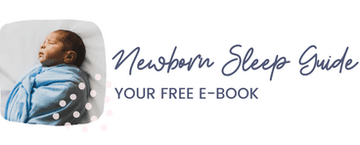
Receive product and services updates, promotional offers and other marketing communications based.


